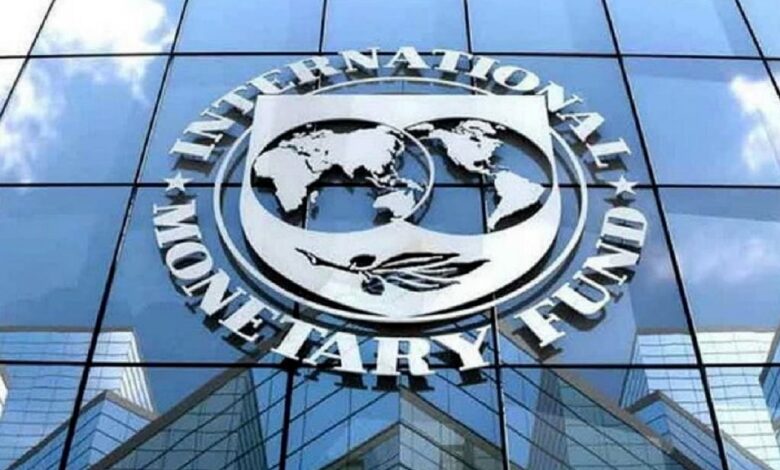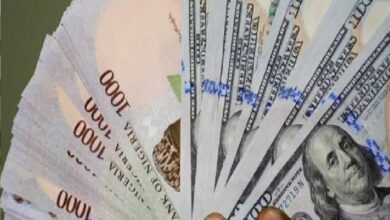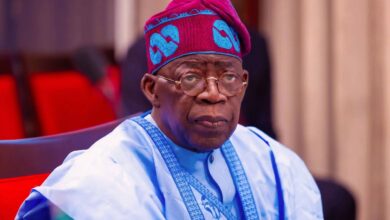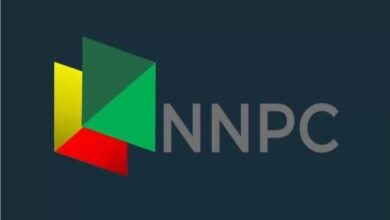IMF Urges Nigerian Government to Cease Implicit Fuel and Electricity Tariff Subsidies

The Nigerian government received counsel from the International Monetary Fund (IMF), urging a cessation of what it termed implicit subsidies for fuel and electricity. This advice emerged from a freshly released report by the Washington-based institution.
According to IMF projections, these subsidies would consume three percent of Nigeria’s gross domestic product in 2024, a significant jump from one percent in the preceding year. The implicit fuel subsidy alone could swell to N8.4 trillion in 2024 from N1.85 trillion in 2023, marking a substantial increase from N4.4 trillion in 2022, N1.86 trillion in 2021, and N89 trillion in 2020.
Describing these subsidies as “costly and regressive,” the IMF stressed their hindrance to fiscal flexibility for developmental initiatives and social welfare enhancement, all while maintaining manageable debt levels. It advocated for their removal, suggesting a shift towards targeted support mechanisms and a lifeline tariff to aid vulnerable segments of society.
Notably, the Nigerian government had already taken steps towards subsidy reduction, announcing the removal of fuel subsidies in June of the previous year. Additionally, in April 2024, the Nigerian Electricity Regulatory Commission initiated a significant 240 percent tariff increase for Band A customers receiving extensive power access.
These actions provoked public outcry, leading to a recent announcement of minor tariff adjustments in response to citizen concerns.



